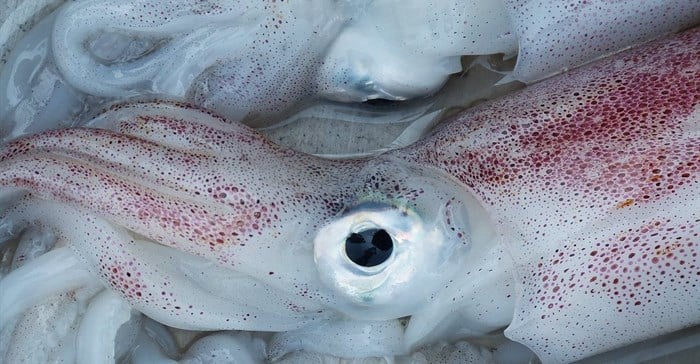
Top stories






More news

















Logistics & Transport
Uganda plans new rail link to Tanzania for mineral export boost








{{image}
City officials from the Environmental Management Department’s Coastal Management Branch launched to retrieve the carcass at first light this on 27 June 2019 before it stranded on one of the city’s beaches. On arrival, the officials were able to determine that the humpback was entangled in an octopus fishery line and had drowned.
The carcass was cut free and towed to the Miller’s Point slipway for removal to a landfill site by the City’s Solid Waste Department, as determined by City protocol. The octopus fishing boat assisted with the towing of the carcass.
"This is the third entanglement and second fatality of whales as a result of the octopus fishery in the last two weeks. All of these entanglements have occurred within the designated Marine Protected Area surrounding our shores.
"We are aware that livelihoods and jobs depend on the octopus fishing industry, however, we have to insist on sustainable practices. We cannot allow a situation where whales continue to die, because of these nets," Alderman Marian Nieuwoudt, said the city’s mayoral committee member for spatial planning and environment.
Approximately 17 years ago the former Department of Agriculture, Forestry, and Fisheries (DAFF) issued the Exploratory Octopus Permit.
In 2017, at a working group meeting following the drowning of a Bryde’s whale, the City requested the then DAFF to set limits as part of the conditions of the permit.
"We argue that the National Department should, after nearly two decades, be able to fully comprehend the impact and risks associated with the exploratory fishing. Clearly, there is an urgent need to design fishing gear that would not lead to the drowning of whales.
"I was told by officials that the whales swim into the long ropes and that they get a fright when this happens. They then roll over and get entangled, and eventually drown because the fishing gear is too heavy for them to reach the surface. Thus, we want to see the fishery suspended until the method of fishing is changed to a sustainable practice that will prevent bycatch.
"I am very worried about the impact this is having on our marine life and ecosystem, and the ethics of the octopus fishing practice in general. I thus request the new Minister Barbara Creecy to place a moratorium on this permit and that all fishing gear be removed from False Bay until such time as the fishing gear and equipment are redesigned, tested, and proven not to pose a threat to our marine life,’ said Nieuwoudt.
The City is also requesting Minister Creecy to consider providing the existing octopus fishing permit holder al alternative fishing option to ensure that those employed by the fishery will still be able to earn a living.
The removal of whale carcasses is not an easy financial feat. "We are now considering invoicing the fishing company or the National Government for the removal cost and disposal. The cost to remove and dispose of one whale carcass amounts to between R50,000 and R150,000, depending on the weather conditions and the location of the carcass. We cannot expect ratepayers to keep on subsidising the bycatch of whales," said Nieuwoudt.